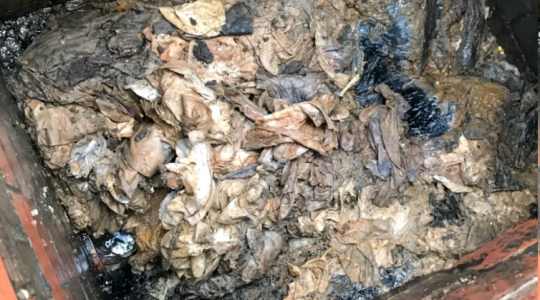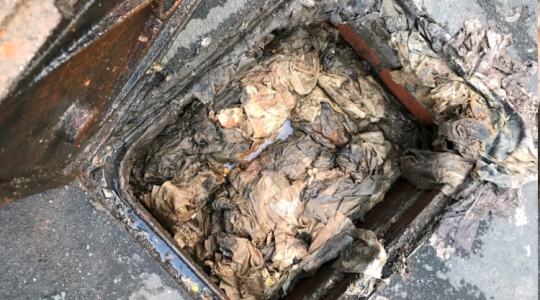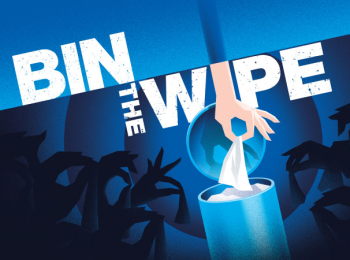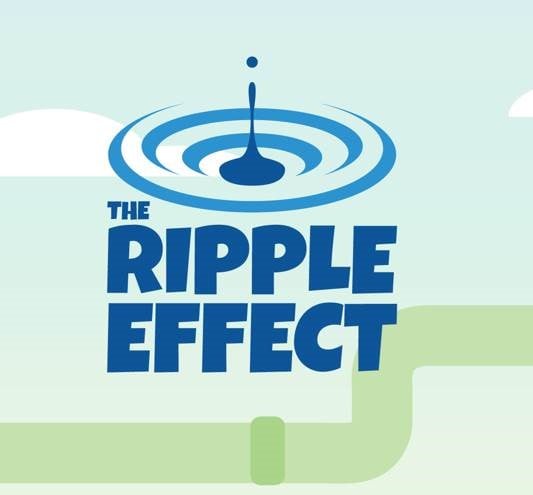What is sewer flooding?
What is sewer flooding?
Sewer flooding is an unpleasant situation where sewage overflows the system, often due to a blockage or extremely bad weather.
Sewer flooding can happen inside the home from any of the drains in the kitchen or bathroom. It can also happen outside, on private and public land.
Flood water can come from:
- surface water
- foul and combined sewers
- rivers flooding into the sewerage network.
Sewer flooding will most likely contain human waste and toilet paper. If the water looks clean, please remember it may be contaminated and may be covering trip hazards or even open manholes.
If you experience sewer flooding, call our 24 hour helpline on 0800 328 7648.
What causes sewer flooding?
Most cases of sewer flooding are caused by wrong things put down the toilet or sink. They build up over time and cause a blockage in the sewer pipes.
Sewer flooding can also sometimes happen during or after periods of heavy rain. Our sewers are unable take away the extra water away quickly enough.
Flushed wet wipes are the biggest cause of blockages. They contain plastic and don’t break down like toilet roll. Wrongly flushed items can block the pipes. This can cause sewerage to come up through the toilet or drains and into your home or garden. Find out more about Bin the Wipe.
Also, cooking oils and fats poured down the sink sticks and hardens to the inside the pipes. The more you pour down the plughole, the more it builds up.
How to prevent sewer flooding?
Do not flush the following down the toilet:
- All wipes (face, toilet, cleansing, baby, cleaning, etc)
- Nappies
- Period products including tampons and applicators
- Cotton buds
- Condoms
- Incontinence pads
- Razor blades
- Medicines and tablets
- Syringes and needles
- Dental floss
- Kitchen roll
- Toilet roll liners
Even products described as ‘flushable’ such as wipes or pads. They don’t break down and can cause blockages
Do not pour the following down the sink:
- Fats, oils and grease. When it cools, it hardens inside the pipes and causes blockages. These can be disposed of in a bin.
Helpful links
Sewer flooding
What to do if your home is flooded with sewage, or you have a blockage
Find out what to do during flooding
Blocked drains
What to do if you find a blocked drain or sewer in or around your property
Find out more about blocked drains
Are you sure?
Changes are waiting to be saved



